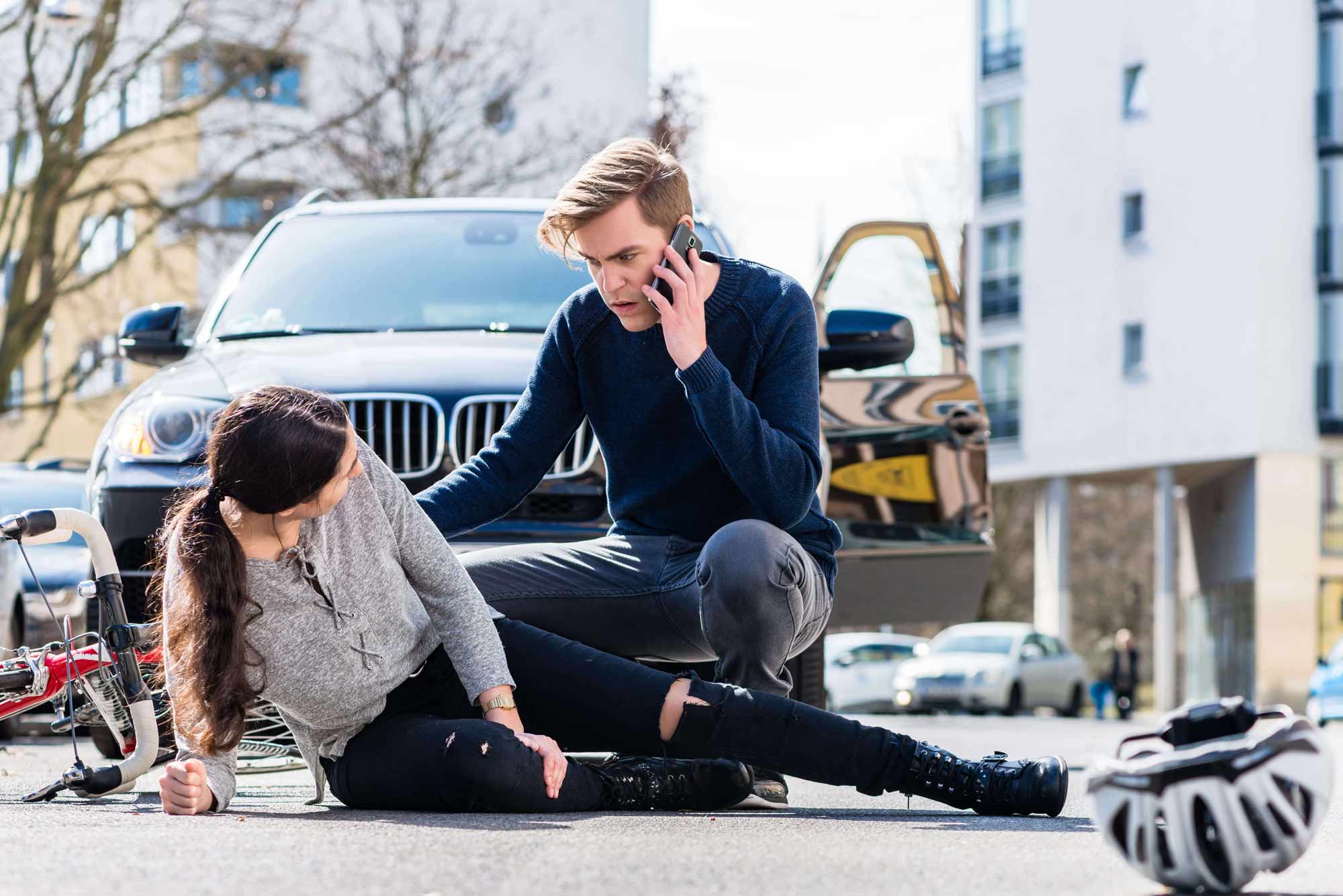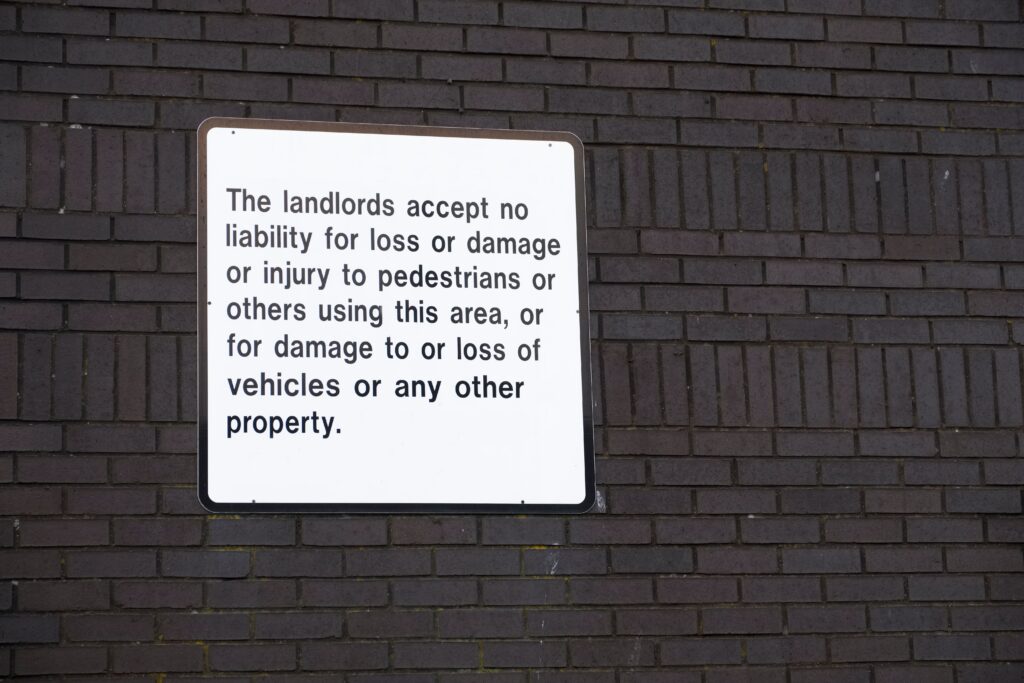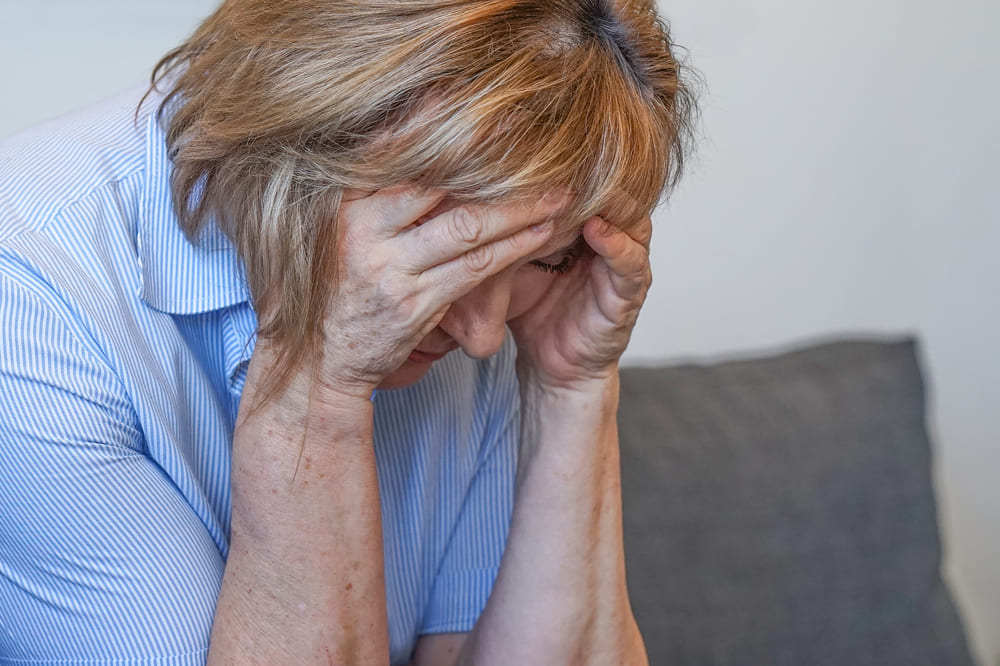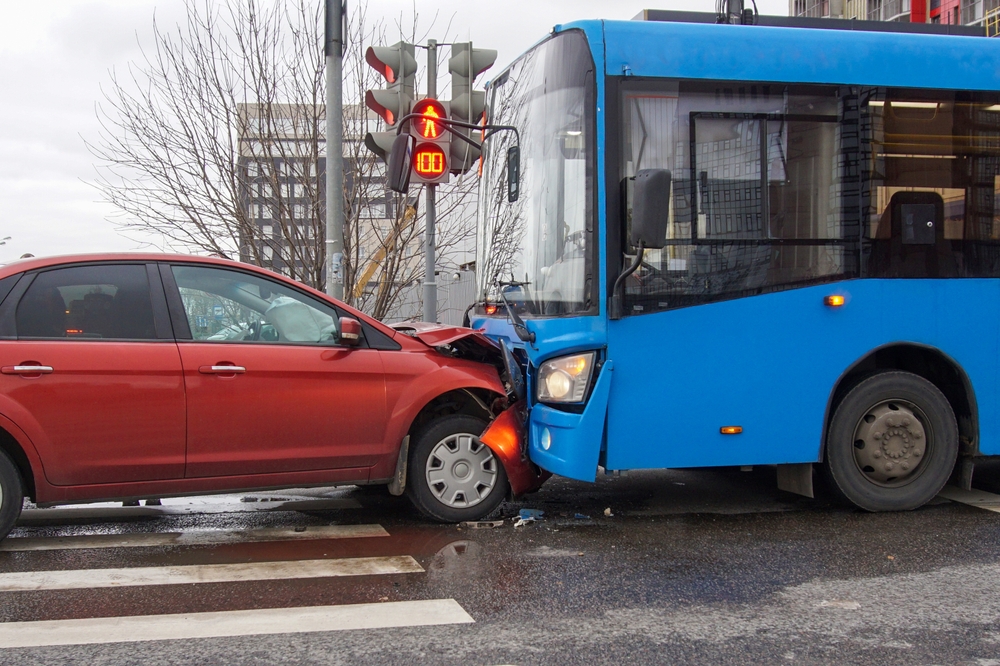Picture this: You’re cycling along Reno’s scenic downtown area, enjoying a crisp morning ride. Suddenly, a car veers too close and makes contact, leaving you disoriented on the pavement. Unfortunately, these incidents are all too common. Recent statistics show that Reno experienced 422 bicycle crashes over a five-year period—approximately 84 accidents each year. More concerning is that 94.1% of these accidents resulted in injury or death. If you’ve been hit by a car on your bike, it’s normal to feel overwhelmed and unsure of your next steps.
When crashes happen, safety nets can feel distant. Medical bills, lost income, and physical pain add up fast. That’s where legal support matters. Friedman & Throop is here to help you navigate the aftermath of a bicycle-car collision. With decades of personal injury experience in the Reno community, our team has successfully represented countless cyclists who have faced traumatic accidents. We understand the complexities of Nevada bike laws and the nuances of Reno’s roads. For a deeper look at how we handle cycling-related injury cases, visit our Bicycle Accidents page.
No one plans on being involved in a collision, but knowing what to do can make a difference in your physical recovery and financial future. In the sections below, we’ll walk you through key steps to protect your health, your rights, and your peace of mind.
If you’ve been injured in a bicycle accident, don’t wait to get help. Call us today at (775) 322-6500 for a free, no-obligation consultation with our experienced bicycle accident attorneys.
This guide outlines the essential steps to take after a bicycle accident in Reno. We’ve created it to help you navigate this challenging situation with confidence and clarity.
Immediate Steps at the Accident Scene
Prioritize Safety First
Your well-being is the top priority after any accident:
- Move to safety if possible to prevent further accidents
- If you’re seriously injured or moving might worsen your condition, stay where you are and wait for help
- Check yourself for injuries, even those that may not be immediately apparent
- Move your bicycle off the road if you can do so safely to prevent creating additional hazards
Call Emergency Services
Even in seemingly minor accidents, it’s important to get official help:
- Call 911 immediately, especially if there are injuries
- For less severe accidents, you can use the non-emergency police line, but filing a report remains essential
- Be prepared to provide your exact location and details about the collision
- Wait for first responders to arrive and follow their instructions
Document the Scene
Thorough documentation can prove invaluable for insurance claims and potential legal action:
- Take multiple photos of the accident scene from different angles
- Capture images of all vehicles involved, including any damage
- Document your bicycle’s condition and any damage it sustained
- Photograph the surrounding area, including road conditions, traffic signs, and weather conditions
- If possible, record video of the entire scene
- Note the time of day and visibility conditions
Exchange Information
Nevada law requires all parties involved in an accident to exchange certain information:
- Get the driver’s complete contact information (name, address, phone number)
- Collect their insurance details and driver’s license information
- Note the vehicle’s make, model, year, and license plate number
- If the driver claims not to have insurance or a valid license, document this and share it with the police
- Provide your own contact information to the driver
Collect Witness Information
Independent witnesses can provide crucial perspectives on the accident:
- Ask anyone who saw the accident for their contact information
- Record their names, phone numbers, and email addresses
- Ask if they would be willing to provide a statement to the police or insurance companies
- When police arrive, make sure they’re aware of all witnesses
- If possible, ask witnesses to briefly describe what they saw and record their statements
Medical Considerations
Seek Immediate Medical Attention
Even if you feel fine initially, proper medical evaluation is critical:
- Accept medical evaluation at the scene if emergency medical technicians are present
- Visit an emergency room or urgent care center as soon as possible after the accident
- Be aware that some injuries, particularly head trauma and internal injuries, may not be immediately apparent
- Inform medical professionals that you were involved in a bicycle accident
- Be thorough when describing any pain or discomfort, no matter how minor it seems
Follow Up with Healthcare Providers
Consistent medical care is important for both recovery and documentation:
- Attend all recommended follow-up appointments
- Follow your doctor’s advice regarding treatment and recovery
- Keep detailed records of all medical care received, including dates, providers, and treatments
- Document any impact on your daily activities and work capacity
- Save all medical bills, prescriptions, and related expenses
Legal and Insurance Considerations
File a Police Report
An official police report creates a formal record of the incident:
- Ensure that police are called to the scene and file a report
- In Nevada, accidents resulting in injury, death, or property damage over $750 must be reported
- Obtain a copy of the police report or the report number for your records
- Review the report for accuracy and contact the police department if corrections are needed
- If police don’t come to the scene, visit the nearest police station to file a report as soon as possible
Notify Insurance Companies
Timely notification of your insurance provider is important:
- Contact your insurance company about the accident as soon as possible
- Provide only factual information about what occurred
- Don’t admit fault or make statements about responsibility
- Be cautious about accepting early settlement offers before understanding the full extent of injuries and damages
- If you have questions about what to say to insurance adjusters, consider consulting with an attorney first
Document Everything
Thorough documentation strengthens your position:
- Keep a detailed journal of your recovery process, including pain levels and limitations
- Save all medical records and bills
- Take photos of your injuries as they heal
- Document all expenses related to the accident, including transportation to medical appointments
- Save receipts for any items damaged in the accident
- Track all time missed from work due to injuries
Understanding Nevada Bicycle Laws
Key Laws That Protect Cyclists
Nevada has specific laws designed to protect cyclists:
- Motorists must give cyclists at least 3 feet of space when passing
- Drivers must move into an adjacent lane when passing cyclists if possible
- It’s illegal for motorists to intentionally interfere with the movement of a person lawfully operating a bicycle
- Cyclists have the same rights and responsibilities as other drivers in Nevada
- Drivers may be charged with reckless driving if they’re at-fault in any collision with a bicyclist
- Motorists are not allowed to stop, park, or drive in designated bicycle paths or lanes except in specific circumstances
Modified Comparative Negligence
Nevada follows a modified comparative negligence rule. If you’re 50% or less at fault for the accident, you can still recover damages, though your compensation might be reduced by your percentage of fault. If you’re found more than 50% at fault, you may be barred from receiving compensation. Insurance companies often exploit this rule to reduce payouts, so having solid evidence is crucial.
Statute of Limitations
Be aware of critical time limits that affect your legal options:
- In Nevada, you generally have two years from the date of the accident to file a personal injury claim
- Failing to file within this timeframe typically results in your claim being denied
- Document retention is important—keep all records related to the accident for at least this two-year period
- Some circumstances may affect the statute of limitations, so consulting with an attorney is advisable
Common Mistakes to Avoid After a Crash
Many cyclists inadvertently harm their cases by making these common mistakes:
- Delaying medical treatment, which can both worsen injuries and weaken your claim
- Admitting fault or apologizing at the accident scene, which can be used against you later
- Giving recorded statements to insurance companies without legal counsel
- Accepting the fist settlement offer without understanding the full extent of your injuries
- Posting about the accident on social media, which can be used to dispute your claims
- Failing to follow medical advice or missing follow-up appointments
- Not reporting all symptoms to your healthcare providers
- Attempting to negotiate with insurance companies on your own
When to Contact an Attorney
Signs You Should Seek Legal Representation
While not every bicycle accident requires an attorney, certain situations strongly suggest you should consult with one:
- You’ve suffered serious injuries requiring significant medical treatment
- The accident has caused you to miss work or affected your ability to perform your job
- The insurance company disputes liability or is offering an inadequate settlement
- Multiple parties may be responsible for the accident
- The accident involved a commercial vehicle or a government entity
- The police report contains errors or unfairly assigns blame to you
- You’re unsure about your rights or the legal process
How an Attorney Can Help
At Friedman & Throop, our experienced bicycle accident attorneys can:
- Investigate the accident thoroughly to establish liability
- Consult with medical experts to understand the full impact of your injuries
- Calculate the true value of your claim, including future expenses
- Handle all communications with insurance companies
- Gather and preserve critical evidence
- Negotiate for a fair settlement that covers all your damages
- Represent you in court if a fair settlement cannot be reached
- Guide you through the entire legal process with compassion and expertise
Finding Support and Resources
Local Resources for Cyclists
Reno offers several resources for cyclists involved in accidents:
- Reno Bike Project offers community support and resources for cyclists
- Truckee Meadows Bicycle Alliance provides advocacy and education for safe cycling
- Nevada Department of Motor Vehicles offers information on accident reporting requirements
- Washoe County Health District can provide referrals for medical care and support services
Moving Forward After a Bicycle Accident
The aftermath of a bicycle accident can feel overwhelming, but you don’t have to navigate it alone. By following the steps outlined in this guide, you can protect your health and legal rights while focusing on your recovery.
Remember that healing—both physically and emotionally—takes time. Be patient with yourself throughout the process, and don’t hesitate to seek support when needed.
At Friedman & Throop, we’re committed to supporting Reno’s cycling community. With over 90 years of combined experience as personal injury attorneys, our team has secured over $350 million in settlements for our clients. Our experienced bicycle accident attorneys understand the unique challenges cyclists face on our roads and are dedicated to fighting for the compensation you deserve.
If you or a loved one has been involved in a bicycle accident, we’re here to help. Contact us today for a free, no-obligation consultation or call us directly at (775) 322-6500. Our experienced team of attorneys—led by Julie Throop, Terry Friedman, and John Boyden—will handle the legal complexities while you focus on what matters most—your recovery.
This article is for informational purposes only and is not intended to provide legal advice. For guidance on your specific situation, please consult with one of our experienced attorneys.
Schedule your free consultation today or call us at (775) 322-6500. At Friedman & Throop, we work on contingency, which means we are paid legal fees only when our clients are paid. There is no cost to you for an initial consultation or case review.



